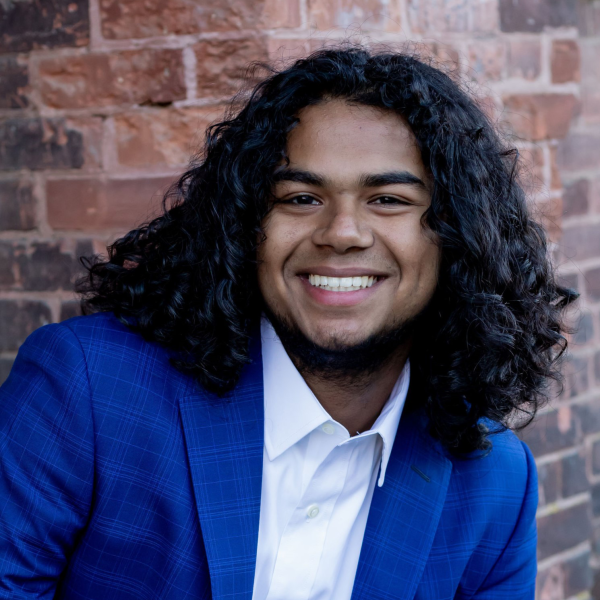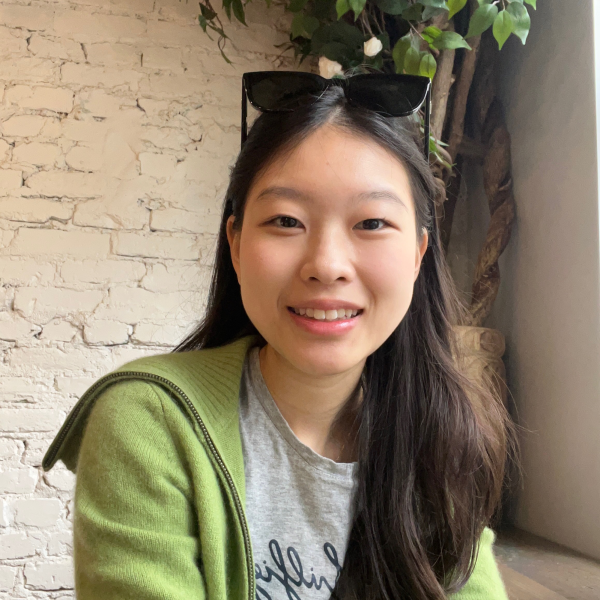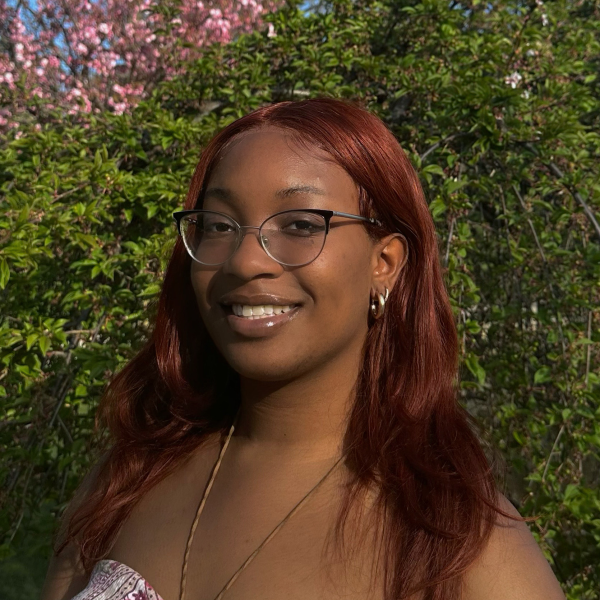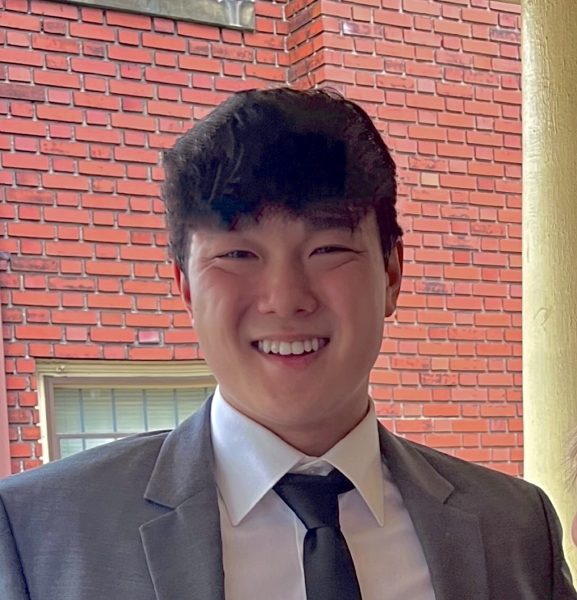As the school year comes to a close, it’s time to talk about the upcoming elections for the Undergraduate Student Government (USG). USG is the main student advocacy body for undergraduate students at Case Western Reserve University. They are led by a president and a slew of vice presidents, who each head up a different committee within USG, and collectively make up the USG’s Executive Committee.
This year, USG elections have inspired a greater amount of participation and viewership from the student body, stemming from large organizational funding cuts to the suspension of CWRU’s Students for Justice in Palestine (SJP). As a result, elections this year are especially popular and contentious.
This year, The Observer held an in-person debate with USG candidates in Thwing Center on April 17 before polls opened for students. Students can vote at vote.case.edu from April 18-19. The following are the Editorial Board’s endorsements for this year’s USG elections.
President
The Editorial Board does not have confidence in any of the candidates for president. The three candidates did not command the trust of the Editorial Board to make any sort of meaningful change to USG. In a time with massive rift between students and their administrators, none of the candidates effectively demonstrated a connection with the student body while also having adequate experience on USG to address these concerns. We found that the candidates are less involved than they should have been.
Historically, the presidential election is either one or two students running, and in the latter case it becomes extremely contentious. Yet, in spite of the three candidates running, the Editorial Board does not feel strongly that any of the three will successfully lead the undergraduate student body.
We feel that their letters of intent, and the performance of the two candidates present at The Observer’s debate did not inspire enough confidence to merit an endorsement; many promises were made without concrete plans. As a result, the Editorial Board does not feel comfortable in endorsing any candidate for president and instead would advise students to vote their own conscience.
Vice President of Academic Affairs
The Editorial Board endorses rising second-year Rohan Rajappan for vice president of academic affairs. This year has seen many changes with CWRU’s academic programs. With the introduction of the new Unified General Education Requirements (UGER) replacing the former Seminar Approach to General Education and Scholarship (SAGES), and the temporary suspension of the Integrated Graduate Studies (IGS) program, students are hoping for transparency in improving CWRU’s education. Further, many students have questions about the purpose and scope of the Faculty Senate. Acknowledging these concerns, the Editorial Board believes that Rajappan is the best candidate for this position. He not only has the experience in USG, but also has an effective command on the parts of the position, specifically the relationship with USG and the Faculty Senate.
Vice President of Finance
The Editorial Board endorses rising third-year Hannah Song for vice president of finance. Financing for student organizations is a process fraught with numerous budget cuts and confusion. USG’s funding tracker for this year shows a drastic disparity between the total amount of funds requested by student organizations and the total amount actually allocated. Understandably, many clubs are concerned about the future of their funding. The Editorial Board believes that Song is the candidate that can best address these concerns. Our endorsement is a reflection of her impressive two years of experience on the Finance Committee, serving as both a first-year representative and treasurer. Part of her platform includes creating easily accessible resources for club treasurers on Canvas, which she hopes will allow for improved efficiency and transparency of the budgeting process.
Vice President of Diversity and Inclusion
The Editorial Board endorses rising third-year Aizah Kamal for vice president of diversity and inclusion. Universities are opportunities for students to gain exposure to diverse backgrounds and cultures. Thus, it’s integral that CWRU can be as inclusive and accepting as possible, and this position has a unique responsibility to promote this environment. We are incredibly impressed by Kamal’s prior resume, specifically her work in the Student Life Committee with “the period initiative,” which has promoted equality and access to menstrual products. In the debate, her most memorable moment was when she emphasized the need for reinstating CWRU’s SJP. In a time where there is a great amount of distrust between the student body and the administration, we need someone who can champion the voices of those who oftentimes aren’t allowed an opportunity to speak. For that reason, Kamal has our full support in the elections.
Vice President of Communications
The Editorial Board endorses rising fourth-year Aaron Bielecki for vice president of communications. “Increasing transparency” was a goal often repeated throughout the USG debates—and for good reason. There is nothing that can improve a university more than fostering better communication, especially in a time of great strife as hard-handed decisions are being made. Since he was elected into the position during mid-semester, Bielecki has allowed for more forums for student engagement; frequent weekly newsletters and a resurgence in Feedback Fridays have provided for healthy conversations throughout campus. If reelected, Bielecki intends to diversify how USG communicates with the student body, such as posting flyers around campus and revamping USG’s social media presence. We also find his ideas for improving communication with the Faculty Senate Committee on Undergraduate Education a good step forward in improving transparency with USG: By adding folders to the Public Access (PA) Drive for USG meeting minutes and notes, he hopes that students can gain a better understanding of how their elected representatives are working for them. Students want to hear from their representatives, and the Editorial Board has full confidence in Bielecki to bridge that gap.
Vice President of Student Life
The Editorial Board endorses rising third-year Zelene Desire for vice president of student life. Many on-campus initiatives that directly benefit students stem from the Student Life Committee and so are often one of the most front-facing parts of USG for students. Despite running unopposed, we believe that Desire’s resume speaks for itself, specifically her current work in the food subcommittee, while she has a grasp on other issues that greatly affect the student body, for example, accessibility on the Mather Quad.
Chief Judicial Officer
The Editorial Board endorses rising third-year student Tyler Vu for chief judicial officer (CJO). The CJO role is mostly internal and is tasked with keeping order and rules among USG, especially by enforcing the attendance and participation requirements of the representatives. These days the CJO is vital: USG is barely able to reach quorum, the minimum number of representatives needed to conduct basic business. Vu has gained experience serving as USG secretary this year and thoroughly understands the role and the position, including the challenges faced by USG in terms of motivating its representatives and maintaining strong attendance. He plans to hold members accountable for showing up to USG meetings, which is necessary in order for USG to properly represent the student body. Recognizing his impressive experience and plans, the Editorial Board is confident in Vu’s ability to represent as CJO.
Disclaimer: Tyler Vu serves as a graphic designer on the Editorial Board.








